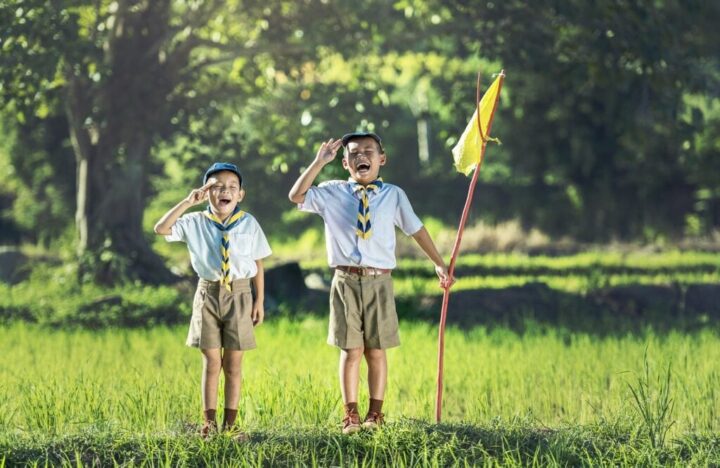According to a story from theindychannel.com, brothers Elias, age eleven, and Emmett, age seven, were both born with the rare bleeding disorder hemophilia A. However, this has not stopped them from living active lives. They enjoy karate, crossfit, and soccer. Elias also regularly went to a summer camp program called Camp Brave Eagle, and this year his younger brother was going to join him. But the COVID-19 pandemic forced the camp to cancel its program for the summer. However, the program organizers decided to create a virtual program instead.
About Hemophilia
Hemophilia is a genetic disorder which affects the ability of the blood to form clots, a process that is vital for stopping bleeding after a wound is sustained. The severity of symptoms can vary widely. The disorder is caused by a mutation found on the X chromosome. Symptoms include bleeding for a long time after an injury, risk of bleeding in the brain and joints, and easy bruising. Bleeding in the joints can cause permanent damage and brain bleeding can lead to headaches, decreased consciousness, and seizures. There are multiple types of hemophilia, with the most common types being type A and type B, which are distinguished by having deficiencies in different clotting factors. Treatment involves replacing the missing clotting factor. Drugs that thin the blood should be avoided. To learn more about hemophilia, click here.
About the Camp
Camp Brave Eagle typically hosts around 150 kids living with bleeding disorders every year and is operated by Hemophilia of Indiana and the Indiana Hemophilia and Thrombosis Center. The camp is meant to provide an opportunity for the patients to enjoy typical summer time activities while also learning about their disorder and how to keep themselves safe. It is also a rare chance for them to be around other kids that share their disease.
Going Virtual
For the virtual program, the counselors sent care packages to all of the kids that had signed up that contained the supplies and goodies that they normally would have received in person. This was followed by a list of activities for the would-be campers to complete during the day, such as going on a nature walk or making their own obstacle course. The counselors also organized Zoom meetings and a Facebook group for the campers to meet each other.
While it isn’t the same as an in-person summer camp adventure, the organizers believe that it was far better than nothing and hope to learn from the effort to help the participants keep in touch throughout the year.







